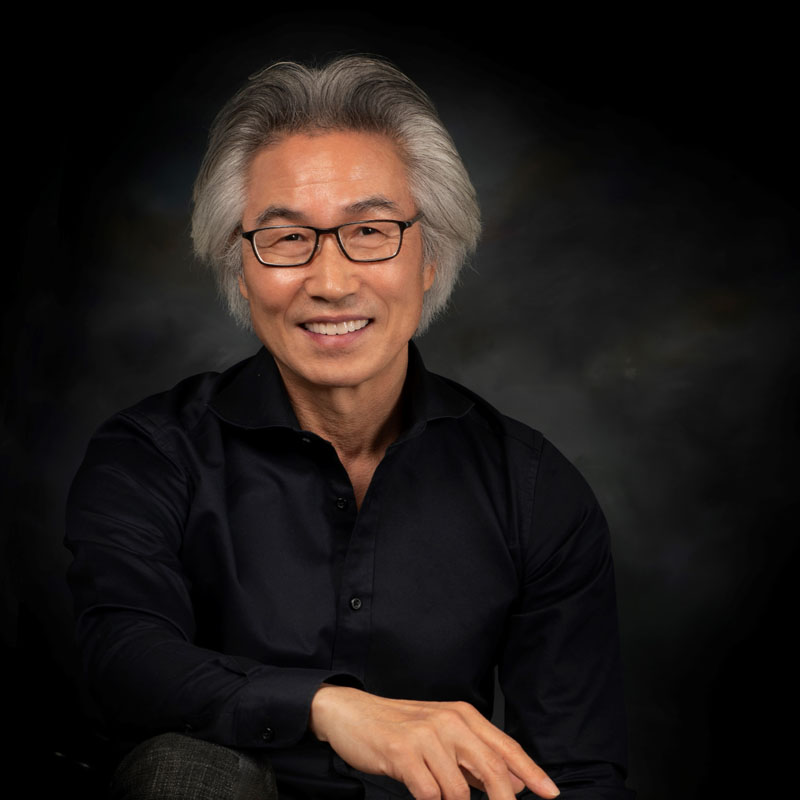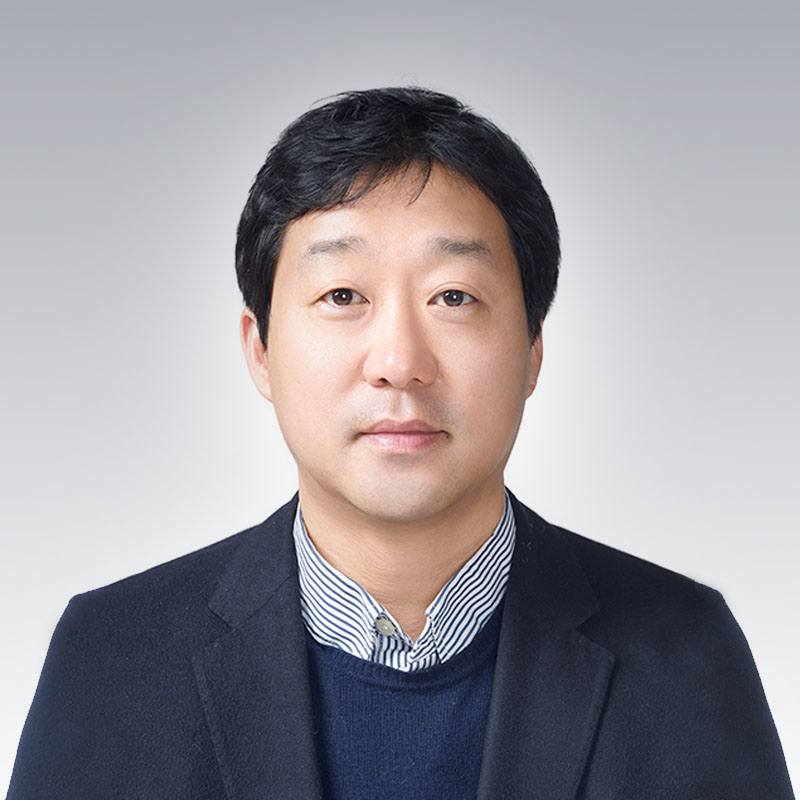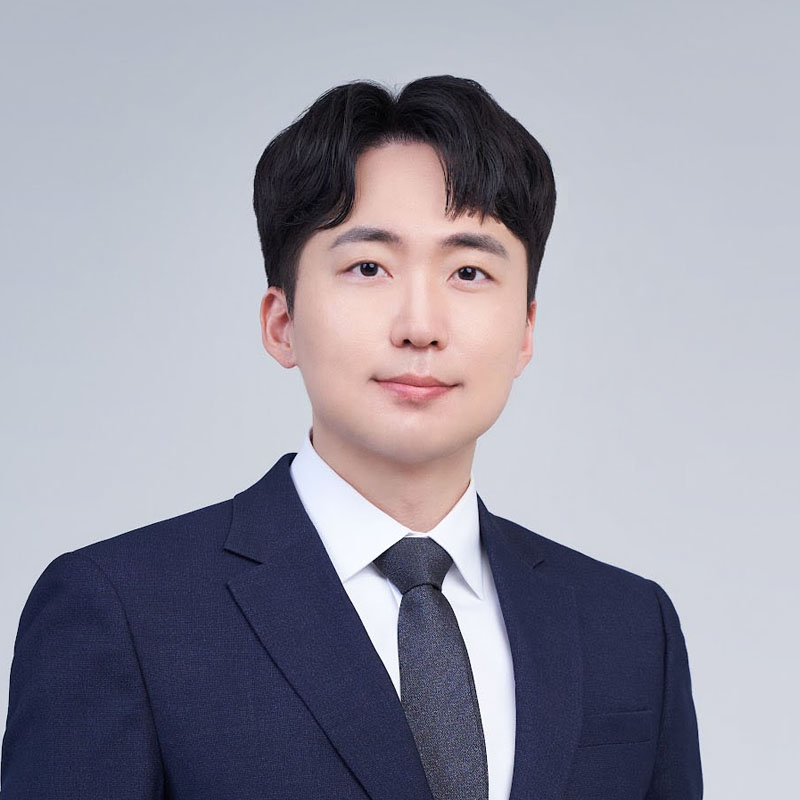
Park, Chansik
He received his bachelor’s and master’s degrees from the Department of Architecture and Graduate School of Chung-Ang University, and his master’s and doctoral degrees from the University of Colorado and the University of Florida, USA. He has been a professor at Chung-Ang University since 1995. He served as the president of the Korea Construction Management Association, a representative academic organization in the field of construction management, and served as an associate editor for construction-related organizations such as the Architectural Society and Building Smart Association, and Automation in Construction, a top journal in the construction field, and served as an associate editor for various international academic organizations. is active in.
He is a professor in the field of Building Construction Management. In his undergraduate program, he is in charge of building construction, building process management, and in graduate school, he is in charge of special lectures on value engineering, construction management, construction contract theory, and construction management.
The Construction Technology Innovation Laboratory (www.contil.cau.ac.kr) of Chung-Ang University is intensively conducting research on platform development for safety and quality control innovation of construction projects using various 4th industrial technologies. In addition to academic research, we are conducting research activities with the goal of commercialization and practical use that can be used in actual construction sites. This laboratory is currently conducting various national research projects such as a visual intelligence-based construction safety management system, a worker safety system using smart construction technology, and a blockchain-based safety-quality level evaluation system. Construction application research of 4th industrial technology such as BIM, wearable sensor, block chain, and safety-quality level evaluation system is being conducted.

Kim, Daeyoung
Prof. Kim, Daeyoung
Construction safety field
He obtained his master’s and doctoral degrees from the Department of Architectural Engineering at Pusan National University and the University of Texas at Austin, USA, and worked as a research assistant.

Lee, Dongmin
Prof. Lee, Dongmin
Digital twin
After completing his undergraduate and graduate studies in the Department of Architectural Social and Environmental Engineering at Korea University, he worked as a Post-doctoral Research Fellow at the University of Michigan, USA. Smart technology to increase the productivity and safety of construction projects by applying various 4th industrial revolution technologies such as artificial intelligence (AI) and construction robotics, digital twin, block chain, 3D scanning and printing, smart IoT and wearable sensing, and VR to the construction industry Researching construction and management techniques.

Park, Manwoo
Prof. Park, Manwoo
Augmented reality
Research on the automation of the construction process is the main research topic. It mainly collects data including in-depth data on computer vision and machine learning, and aims to collect field data.